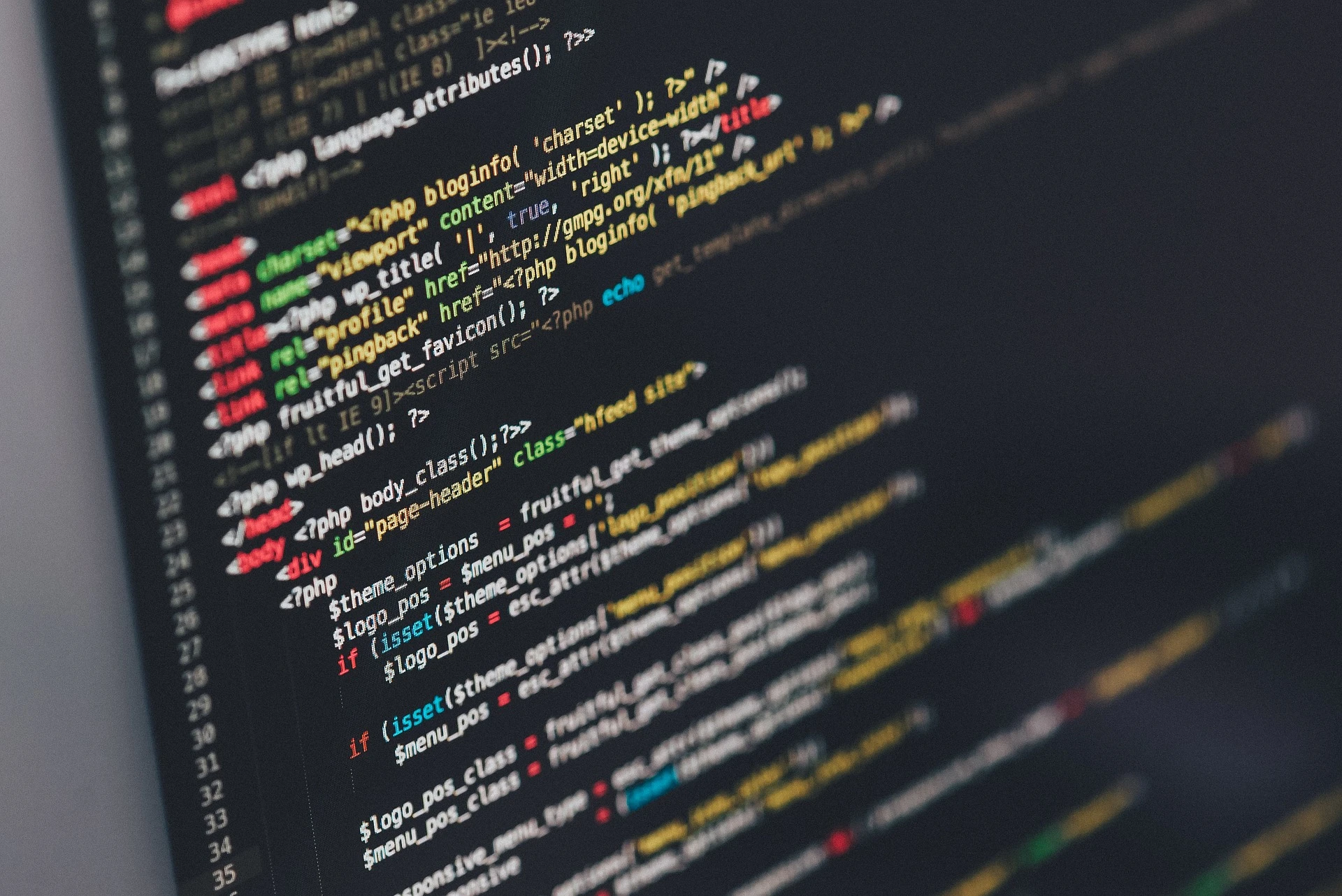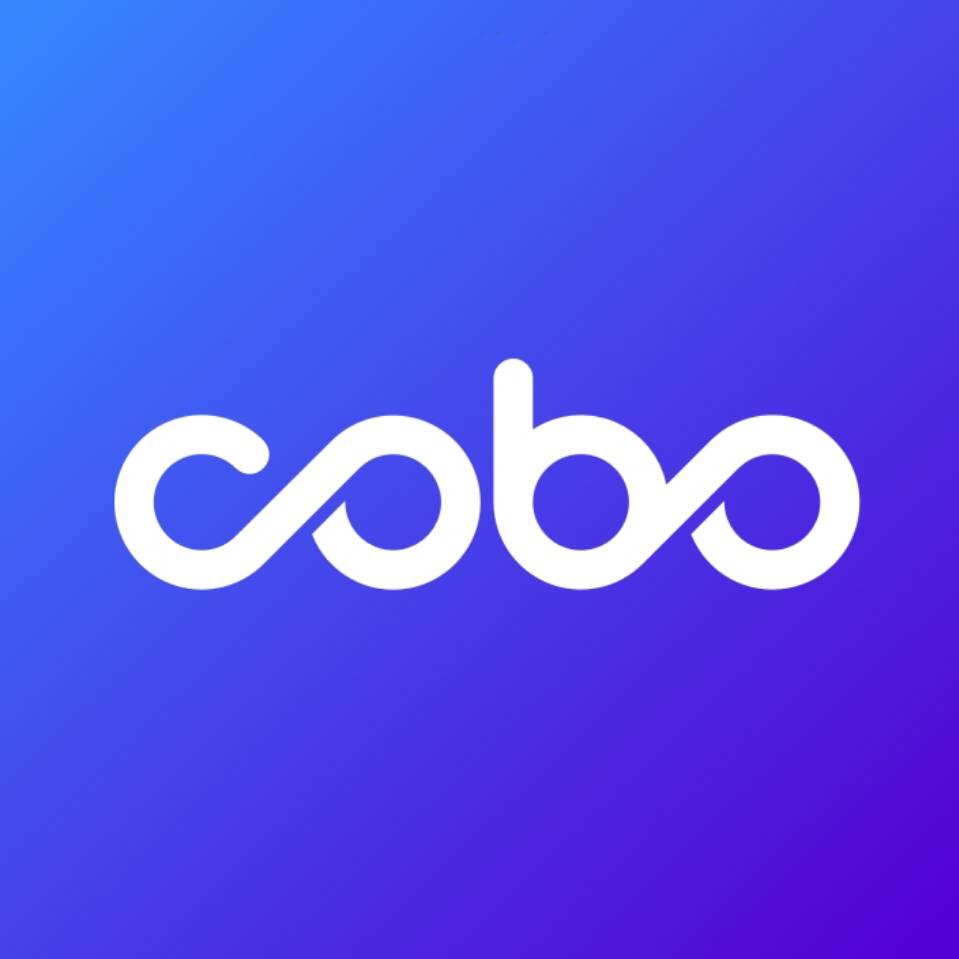Last week, my dad posted an article in the family group, and my jaw dropped in shock:

Since Xi Jinping emphasized the important role of blockchain technology on October 24, my friend, the spring breeze of the party has blown all over the world. Not only has the price of Bitcoin skyrocketed from around 7,500 US dollars to over 10,000 US dollars overnight, and the block chain Blockchain and Bitcoin are no longer regarded as scourges by the general public (such as my dad), and have gradually become the talk of everyone at the dinner table.
Thanks to the Party, thanks to Xi Jinping, from now on when I go home for the New Year and talk about my career, I don’t have to be embarrassed anymore.

Its lively, but many questions that we have already known, such as what is blockchain, what is bitcoin, how to own bitcoin, are still ignorant to many people outside the circle.
secondary title
Q: What is blockchain?
The blockchain can be regarded as a distributed ledger, which is different from the traditional centralized bookkeeping method. The blockchain has the characteristics of decentralization, non-tampering, traceability, collective maintenance, openness and transparency. Once the information is uploaded to the chain, everyone can view it and cannot be tampered with. It can solve the problems of fairness, trust and value transmission in the traditional Internet. .
For example: we now need to transfer funds through third-party financial institutions such as banks. If there is a problem with the central institution, users have nowhere to complain; But using the blockchain, there is no need for a central organization to keep accounts, and all nodes compete fairly for the right to keep accounts, and then through cryptography, it ensures that the books cannot be tampered with and cannot be forged, thereby ensuring the openness and transparency of the blockchain, which is the key to creating trust. Base.
secondary title
Q: What is the use of blockchain? What does it have to do with the common people?
Blockchain has begun to test the water in the fields of finance, public welfare, electronic invoices, and commodity traceability. For example, the Agricultural Bank of China has applied blockchain technology to the financial field of e-commerce supply chain; The industrys first blockchain international factoring business; Shenzhen Taxation Bureau and Tencent launched blockchain electronic invoices, which can trace the source, authenticity and entry of invoices, effectively avoid false invoices, optimize the invoice reimbursement process, and improve invoices regulatory process.
secondary title
Q: When was the blockchain created?
secondary title
Q: What is Bitcoin?
Bitcoin, proposed by Satoshi Nakamoto in 2008, is a peer-to-peer electronic cash system. Bitcoin aims to solve the problem of online payment, which is a cheaper, faster and more convenient way of cross-border transactions. Bitcoin is portable, divisible and irrevocable; the total amount is limited, only 21 million pieces will be issued, and will never be overissued.
secondary title
Q: What is the relationship between blockchain and Bitcoin?
secondary title
Q: Is Bitcoin completely virtual?
secondary title
Q: Bitcoin is invisible and intangible, how do you know whether it is true or not? How to own bitcoin?
secondary title
Q: Since the blockchain is open and transparent, dont others know how many bitcoins I have?
secondary title
Q: Can I make money with Bitcoin?
secondary title
Q: Why is Bitcoin valuable?
Now more and more people regard Bitcoin as a kind of digital gold. Bitcoin is supported by mathematics and code, and has durability, portability, interchangeability, scarcity, divisibility, etc. .
secondary title
Q: What determines the price of Bitcoin?
secondary title
Q: Will anyone pay with Bitcoin?
There are already many restaurants and supermarkets abroad that support bitcoin cash payments. As shown in the picture below, in a cyberport in Hong Kong, Cobo Wallet is listed as the recommended option for bitcoin payment.

secondary title
Q: How are Bitcoin wallets classified?
There are many types of bitcoin wallets, you just need to choose the one that suits you. Today, I would like to introduce to you two common wallets on the market - HD wallet and cloud (custodial) wallet. HD wallets and cloud wallets are classified according to the way of keeping mnemonic words/private keys (which can be understood as passwords).
The HD wallet keeps the mnemonic/private key by the user. Owning the mnemonic/private key means ownership of digital currency assets. Once the mnemonic/private key is lost, all assets may be lost. Therefore, HD wallet is more complicated to use for novice users.
Here I would like to remind everyone that if you use the HD wallet, do not take a screenshot of the mnemonic/private key on your mobile phone, or send it via email, QQ, etc., and do not put it on a cloud server such as a cloud disk. It is recommended to save it off the network. You can write it down on paper, or keep it safe on a metal mnemonic pad.
Cloud (hosted) wallet users do not need to import mnemonic words/private keys themselves, because it will help users keep them. You can understand that cloud wallets are banks in the field of digital assets, helping users keep assets. From a global perspective, large wallet companies are mainly based on custody.
Have you learned it?
Have you learned it?










